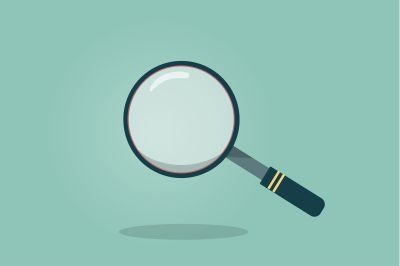Keeping Curious
At the start of a new year we often make resolutions to change some way of behaving that we are unhappy with. For example, we vow to exercise more. We then take up a new gym membership, and then…we go once.
So this new year you might want to look at enhancing a particular approach to living that can be applied to pretty much anything – an approach that can be very life enhancing. That approach is to practice being curious.
In the theory of emotion put forward by the neuroscientist Jaak Panksepp, our drive to explore the world and to discover is primarily emotional in nature. So curiosity is a feeling.
What would it be like to grow this feeling of curiosity? Would you take a short course? Choose a different holiday destination? Maybe even question some of your assumptions about who you are and how you behave?
At the heart of curiosity is paying attention. Sometimes our attention ‘muscle’ gets a bit out of condition. We start taking things for granted. We assume we know what life is about and what our partner or friend is like. We believe that because the way we did something yesterday worked, that it is the best approach for what happens tomorrow.
Paying attention to the details wakes us up – and we may start to see things differently.
Here’s an exercise in curiosity.
Look at your hand. You’ve seen your hand every day of your life since you were born. But when was the last time you actively paid attention to your hand? So you could, right now, take a moment to stop what you are doing and look at the palm of your hand. Notice the lines and different colours in the skin. Notice the shape of your fingers. Notice any feelings that come up of liking or disliking what you see. Turn your hand over and look at the back of your hand. What do you see? Your hand carries not just your own history, but also the influences of your parents and their parents. Your genetic inheritance is shown in your hand. What stories does your hand carry to you about who you are?
This attitude of paying close attention and noticing what comes to you is pivotal to curiosity. If there is a problem in your life that you are struggling to solve, try simply paying attention to it, letting go of your assumptions about what it is about, notice what you see and take note of what comes to you. Let go of the struggle and see if you can cultivate an attitude of simple curiosity. The same with anything that you are unsure what the answer is. Pay attention to it, be curious about it, let go of your habitual viewpoints about it, and notice what comes to your attention.
You might like to take this attitude, this emotion of curiosity, into the new year. Who might you become in 2024? Be curious. Who knows what you might discover.
To book an appointment, contact Newport & Wildman on 1800 650 204.
Stephen Malloch, Manager Clinical Consulting
Cover Image from rawpixel.com on Freepik



